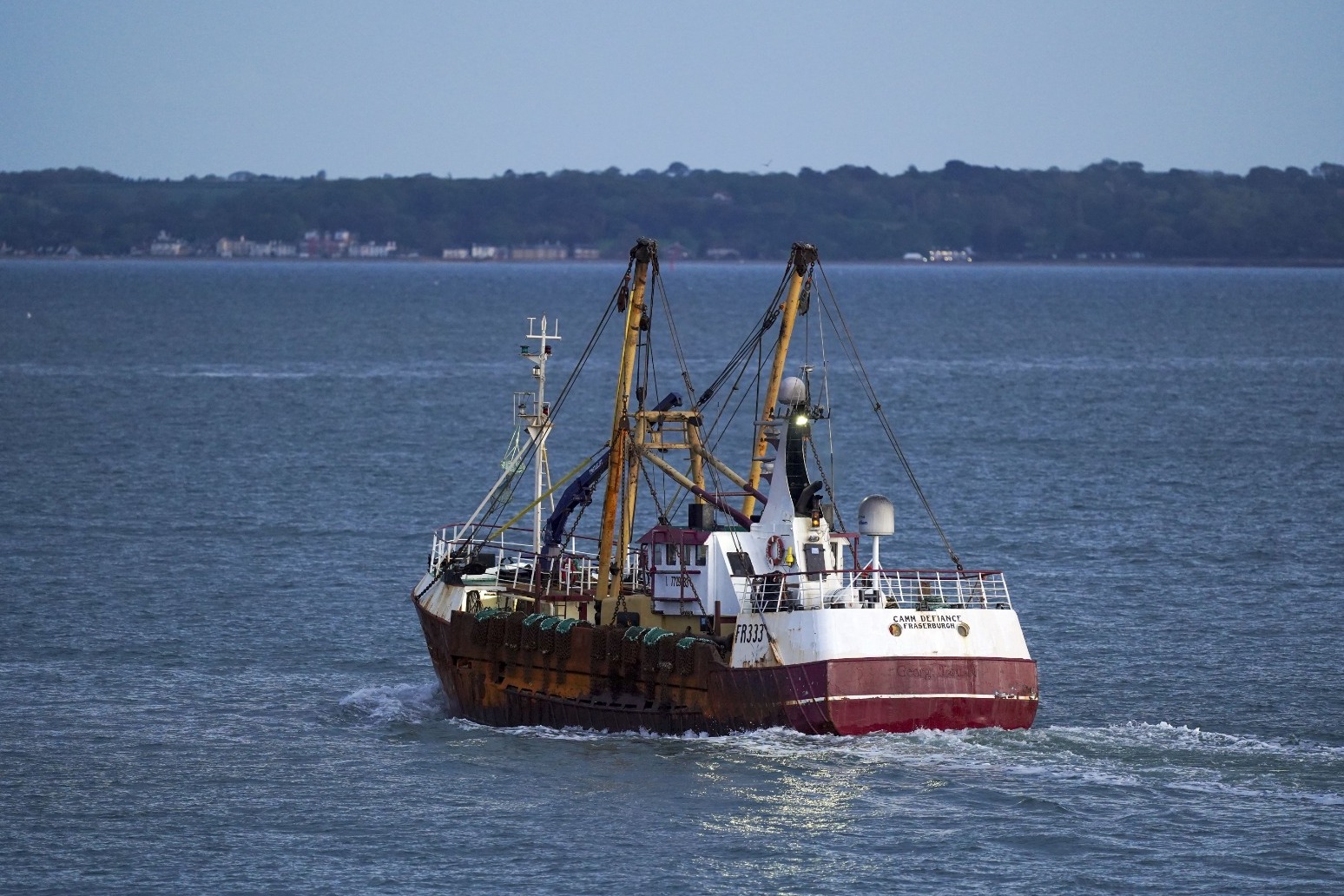
Call for government action to cut climate impact of fishing industry
Three conservation groups are calling for UK Governments to future-proof the sector
Action is needed to cut the environmental impact of the UK fishing industry to tackle climate change, campaigners have warned.
A report from green groups says fisheries contribute to greenhouse gas emissions by disturbing “blue carbon” stores in marine habitats or depleting stocks of fish and shellfish and using fossil fuels for vessels.
Conservation groups WWF, the RSPB and Marine Conservation Society (MCS) are calling on UK Governments to implement “climate-smart” management of fisheries, protecting habitats, improving stocks and cutting fossil fuel use.
Doing so would futureproof UK fisheries, which are also vulnerable to the impacts of climate change, by helping the oceans recover, providing food supplies, reversing loss of wildlife and curbing global warming, they say.
The report highlights how fishing can damage stores of carbon in the sea, such as seagrass meadows, seaweed and the sediment on the seabed; for example, by bottom trawling, which can release carbon back into the atmosphere.
Carbon is also contained in fish and other marine life which, if not removed from the sea, would sink as carcasses to the bottom, with the carbon stored in the sediments.
But intensive fishing has removed large volumes of fish, depleting stocks and extracting the carbon from the seas, as well as affecting the wider ecosystems that store the greenhouse gas.
Published: by Radio NewsHub